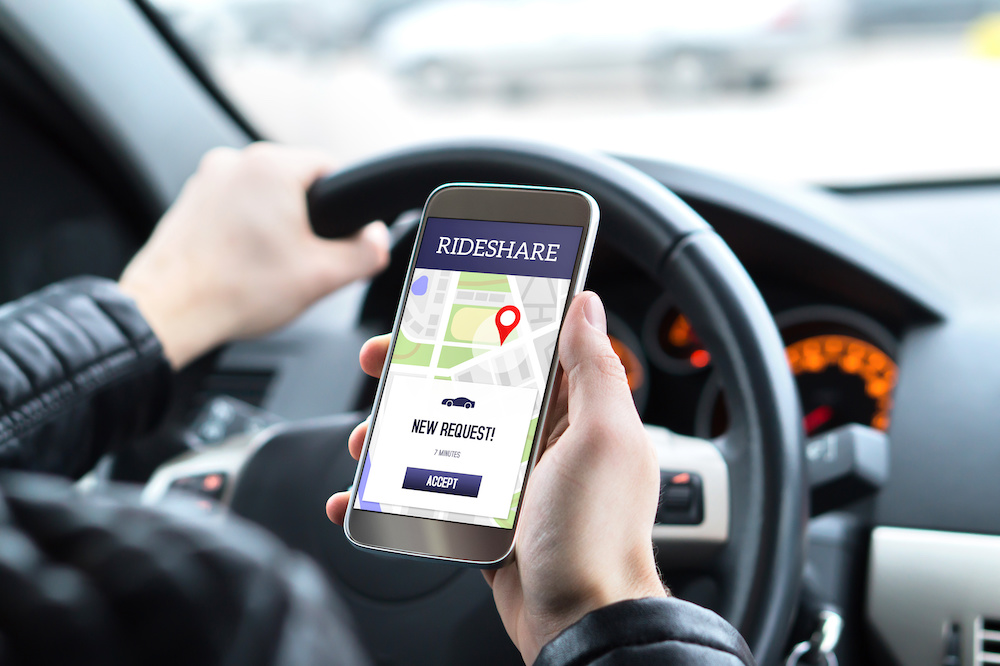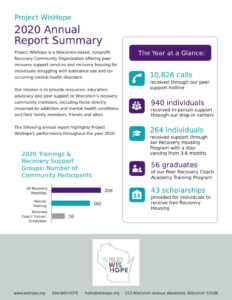When sober, most of us know that driving under the influence (DUI) can pose a huge risk. However, with decision-making impaired by compromised sobriety, this understanding can be maligned. Addiction thrives from a boom-and-bust mitigation of emotions, oscillating between suppression and outburst. During rock bottom, individuals ramp up usage of alcohol and/or substances, experimenting with use during commonplace activities. These situations span recreational hobbies, professional settings, and transportation from A to B.
Alcohol and/or substance use disorder puts the mind through mental gymnastics to support high-risk decisions, especially if the desired outcome aligns with a perceived identity. In a state of depression, one might detach from the hypothetical risks of driving under the influence. Indifference regarding the lives of oneself and others endangers not only the individual, but their family, friends, co-workers, and fellow drivers on the road. To these people, sobriety matters. Below are some strategies to help prepare for the temptation of driving under the influence.
THE THOUGHTFUL PAUSE
Upon receiving a DUI, drivers often express regret in the form of desiring to go back just to stop and think longer about their decision. When keys are in hand, give your actions a thoughtful pause. Anticipating an urgent need to act may result from burgeoning anxiety. Risking a DUI or accident outweighs any convenience of driving. Consider the pros and cons. Then, upon weighing all the possibilities thoroughly, think about it some more. There is no way to assess your own ability to drive without a breathalyzer, and awaiting breathalyzer results to make such an important decision in the first place might be a sign that there are safer options. Finding other ways home benefits everyone on the road. The positive people in your life will not only understand but appreciate your thoughtfulness.
TALK IT OVER
It is okay to speak with others about any concerns with hitting the road — intoxicated or sober. While individuals are solely responsible for their decisions, the act of raising doubt can break the ice for others who may feel similarly. Not everyone is in a place to provide consolation, so your own voice is the one you need to hear the most. People can doubt their own thoughts, yet vocalizing them makes them more tangible. Who knows? Maybe someone hears this concern and offers an alternative mode of transportation. Try to communicate your plans with several trusted individuals. With more people in on the task of securing a safe ride, the small community is safer.
ASK ABOUT DESIGNATED DRIVING
Is it better to prepare for the possibility of relapse or bet on the resolve of sobriety? For each person, this answer may be different. Designating a driver during recovery might trigger codependent behavior, but it never hurts to designate a driver if the environment proves toxic to those with use disorder. A sure-fire ride and the onset of social anxieties might spur anyone with self-destructive tendencies to indulge in alcohol and/or substances, making the situation less than ideal. Rather than flat-out asking someone to drive, you can always confide in someone you trust — perhaps a sponsor or confidante who has graduated from a recovery program. If temptation can be communicated, it can be managed.
TAXIS AND PUBLIC TRANSIT APPS
It is easier these days than ever to schedule a ride. Even during stay-at-home orders, many ridesharing apps offer their services with the promise of sanitary conditions. Instead of compromising your own future, drivers can provide their services in a mutually beneficial transaction. Keep a charged mobile phone with you to schedule a ride should you need or want this option.
TAKING A STROLL
Walking is a great way to get around as long as you feel safe enough to get where you are headed. Sure, winter in the North or Midwest rarely allows for the leisure of “walking it off” but when nature provides, walking can lead to insightful perspective on a situation that may otherwise feel inescapable. Walking is also a good way to remove oneself from the triggers of alcohol and/or substance use. This time doubles as an opportunity to reach out to a sponsor over the phone and can also act as a practice in self-reliance, proving yourself capable in moments that might swarm with negative self-criticisms.
Try not to judge yourself unnecessarily. Even the most adamant recovery alumni find their will tested through compromising situations. Avoid snowballing one mistake into two. Driving under the influence stays with many people for life, if they are lucky enough to live. You are not alone. You are not helpless. You are capable of empowering yourself to make a positive decision. Take your time and allow yourself the space to think. DUI can be avoided with consideration and planning
Driving under the influence puts so many people at risk. It is a serious problem that impacts people and families around the world. If those involved took a few moments longer to consider their options, many lives could be spared. Addiction has a nasty way of enabling us to kick the can down the road, with thoughts like “I’ve already done XYZ, so how much worse could it get?” The answer is much worse. Luckily, time is the ultimate gift. Individuals can plan today for the temptation to drive under the influence tomorrow. Speak with trusted friends and contact recovery programs for strategies to help ensure a safe recovery. At WisHope, we view recovery as a winding road populated with highs and lows. We know that sober living is about so much more than just getting by. Our strategic recovery program empowers peers during treatment and long after graduating from outpatient care. Don’t wait to get help — call us today at (844) 947-4673.


